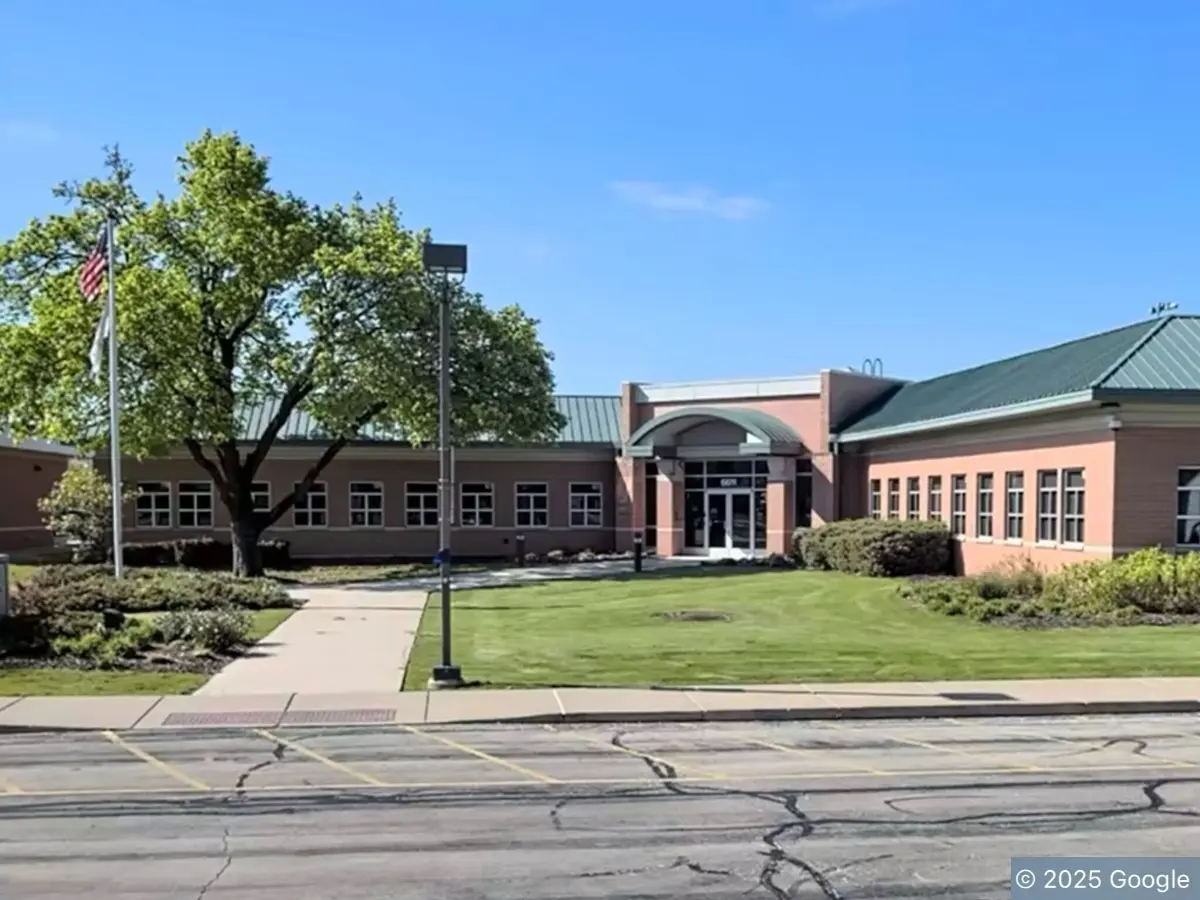By Ghana News
Copyright ghanamma

Executive Director of the Ghana National Council of Private Schools (GNACOPS), Obengfo Nana Kwasi Gyetuah, has called for the collapse of the National Placement Resolution Centre established to address challenges with the Computerised School Selection and Placement System (CSSPS).
The Ghana Education Service (GES) has designated every District and Regional Education Office as a Placement Resolution Centre to assist students, parents, and guardians in resolving issues related to Senior High School (SHS) placements.
However, according to Mr. Gyetuah, the national centre continues to take priority over the regional and district centres, creating chaos whenever placements are released.
His comments follow chaotic scenes at the Ghana National Association of Teachers (GNAT) Hall in Accra on Tuesday, September 23, where hundreds of parents and students thronged the venue to seek redress over placement challenges.
Speaking with Selorm Adonoo on Channel One TV’s The Big Issue on Saturday, September 27, he said the regional and district officers have the competence to handle all placement-related concerns but are under-resourced.
“We understand the regional resolution centres, but they are not giving the appropriate solutions to the issues. We have given priority to the national centre. If the national centre does not exist, everybody will go to their nearby centre.
“We should collapse the national centre, because the GES offices are already there; the problem is not beyond the regional offices. It’s just that we have not distributed fairly the resources to the regions and districts to empower them to do what they’re supposed to do,” he stated.
Mr. Gyetuah stressed that officers at the district and regional levels often have better knowledge of the issues because they work directly with the communities.
“When you go to the national centres, I have been there; those over there don’t have superior knowledge to the people at the district level. In terms of experience, and those who even understand the terrain very well, the district education officers understand it better than those at the national level. Because they live with the people.”



